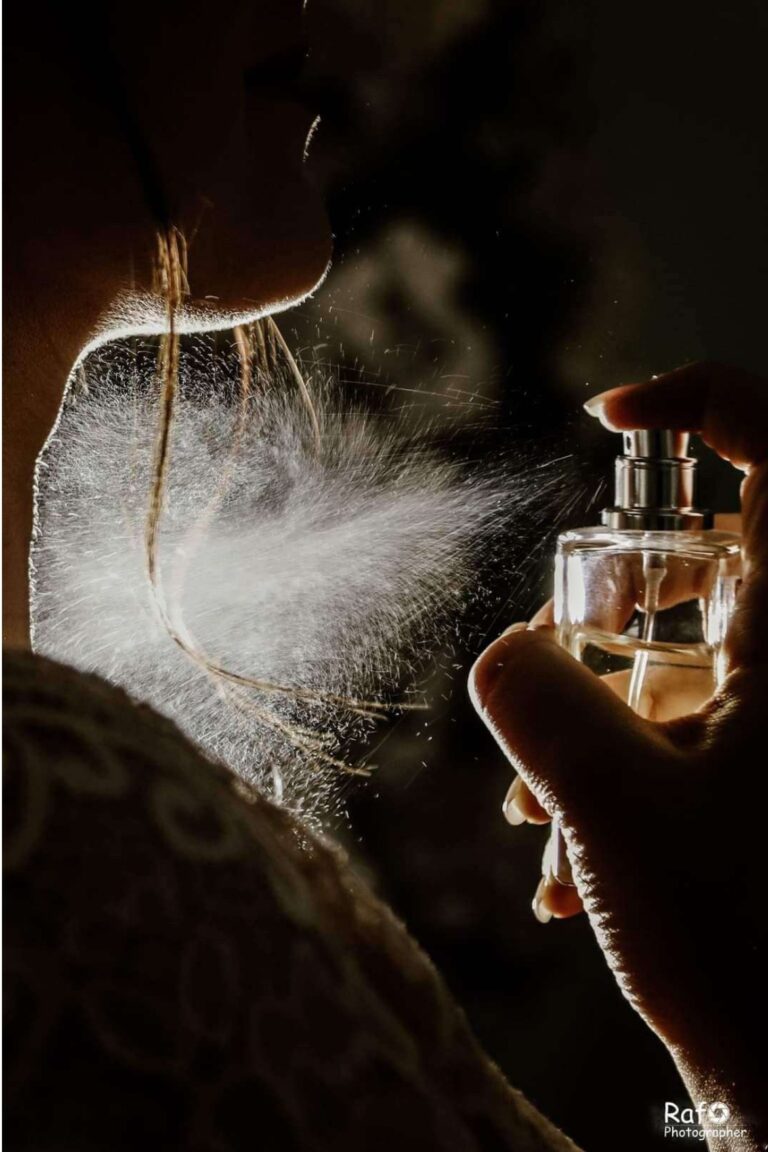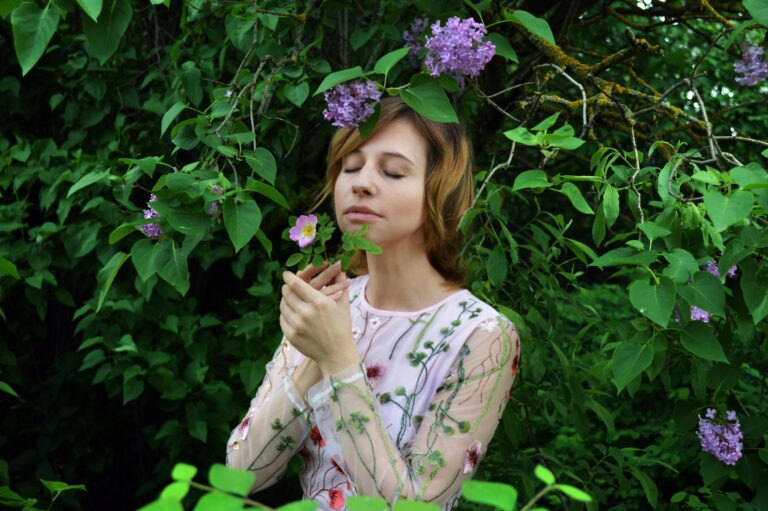Outline:
- Introduction to Air Fragrance
- The Science Behind Air Fragrance
- How the brain processes scents
- The link between scent and memory
- Types of Air Fragrances
- Natural vs. synthetic fragrances
- Essential oils and their benefits
- Spray-based vs. diffuser-based air fresheners
- How Scents Affect Mood and Emotions
- The calming effect of lavender and chamomile
- Energizing citrus and peppermint
- Romantic floral fragrances
- Best Air Fragrances for Different Spaces
- Home: Living room, bedroom, bathroom, and kitchen
- Office: Scents to boost focus and productivity
- Car: Refreshing scents for a better driving experience
- DIY Air Fresheners: Natural Ways to Scent Your Home
- Homemade essential oil diffusers
- DIY scented candles
- Natural air-purifying plants
- How to Choose the Right Air Fragrance for You
- Matching scents with personality types
- Seasonal fragrance recommendations
- The Role of Air Fragrance in Hospitality and Retail
- How businesses use scent marketing
- Signature scents in luxury hotels and stores
- Eco-Friendly and Non-Toxic Air Fragrance Solutions
- The impact of chemical-based air fresheners
- Organic and sustainable fragrance options
- Smart Air Fresheners: The Future of Home Fragrance
- AI-powered scent diffusers
- Customizable fragrance settings
- The Connection Between Aromatherapy and Well-Being
- How scents help with stress relief
- Improving sleep with air fragrance
- Conclusion
- FAQs
Introduction to Air Fragrance
Air fragrance is more than just a pleasant aroma—it plays a vital role in creating an inviting atmosphere, boosting moods, and even improving overall well-being. Whether it’s the relaxing scent of lavender or the refreshing burst of citrus, the right air fragrance can transform any space.
The Science Behind Air Fragrance
Scents are processed by the olfactory system, which is directly connected to the brain’s limbic system—responsible for emotions and memories. This is why certain fragrances can instantly transport you to a childhood memory or make you feel relaxed after a long day.
Types of Air Fragrances
- Natural vs. Synthetic Fragrances: Natural fragrances, such as essential oils, are extracted from plants, while synthetic fragrances are chemically created. Natural options are often preferred for their therapeutic benefits.
- Essential Oils: Lavender, peppermint, and eucalyptus oils offer a range of health benefits, from relaxation to increased focus.
- Spray-Based vs. Diffuser-Based Fresheners: While sprays provide an instant boost of fragrance, diffusers offer a long-lasting scent experience.
How Scents Affect Mood and Emotions
- Relaxation: Lavender and chamomile are known for their calming effects, perfect for unwinding after a stressful day.
- Energy Boost: Citrus and peppermint scents help enhance focus and reduce fatigue.
- Romance: Rose, jasmine, and vanilla create a warm and inviting atmosphere.
Best Air Fragrances for Different Spaces
- Living Room: Cozy and welcoming scents like vanilla and sandalwood.
- Bedroom: Relaxing lavender or chamomile for better sleep.
- Bathroom: Fresh ocean breeze or eucalyptus for a clean feel.
- Office: Peppermint and rosemary for enhanced concentration.
- Car: Citrus or pine for a refreshing and alert driving experience.
DIY Air Fresheners: Natural Ways to Scent Your Home
- Homemade Essential Oil Diffusers: Mix water with a few drops of essential oil in a diffuser.
- DIY Scented Candles: Melt soy wax and mix with essential oils for a natural fragrance.
- Air-Purifying Plants: Use lavender, jasmine, or eucalyptus plants to naturally scent your home.
How to Choose the Right Air Fragrance for You
- For the Adventurous: Spicy and exotic scents like sandalwood and patchouli.
- For the Minimalist: Subtle, fresh linen or light citrus.
- For the Luxury Lover: Musk, amber, and sophisticated floral blends.
- For Seasonal Variety: Light florals in spring, warm cinnamon in winter.
The Role of Air Fragrance in Hospitality and Retail
Many luxury brands and hotels use signature scents to create memorable customer experiences. Research shows that pleasant fragrances can influence shopping behavior and improve customer satisfaction.
Eco-Friendly and Non-Toxic Air Fragrance Solutions
- Chemical-Free Fresheners: Avoid aerosol sprays with synthetic chemicals.
- Organic Fragrance Options: Use essential oil diffusers, beeswax candles, or plant-based air fresheners.
- Sustainable Choices: Bamboo charcoal bags help absorb odors naturally.
Smart Air Fresheners: The Future of Home Fragrance
With advancements in technology, smart air fresheners now allow users to control fragrance intensity and timing through smartphone apps. AI-powered diffusers even adjust scents based on mood or time of day.
The Connection Between Aromatherapy and Well-Being
Aromatherapy uses essential oils to promote relaxation, mental clarity, and overall health. Scents like lavender and ylang-ylang are known for their ability to reduce stress and improve sleep quality.
Conclusion
Air fragrance is more than just a luxury—it’s an essential part of creating a comfortable and mood-enhancing environment. Whether through natural essential oils, DIY fresheners, or smart fragrance devices, there are endless ways to enjoy the benefits of a well-scented space.
FAQs
1. What is the best air fragrance for relaxation?
Lavender and chamomile are the best choices for promoting relaxation and reducing stress.
2. How long do air fresheners last?
It depends on the type—sprays last a few hours, while diffusers can last for days.
3. Are essential oils better than synthetic fragrances?
Yes, essential oils are natural and offer therapeutic benefits, while synthetic fragrances may contain chemicals.
4. What’s the best way to keep my home smelling fresh all day?
Use a combination of essential oil diffusers, scented candles, and natural air-purifying plants.
5. Do air fresheners help with sleep?
Yes, scents like lavender and sandalwood are known to improve sleep quality.






